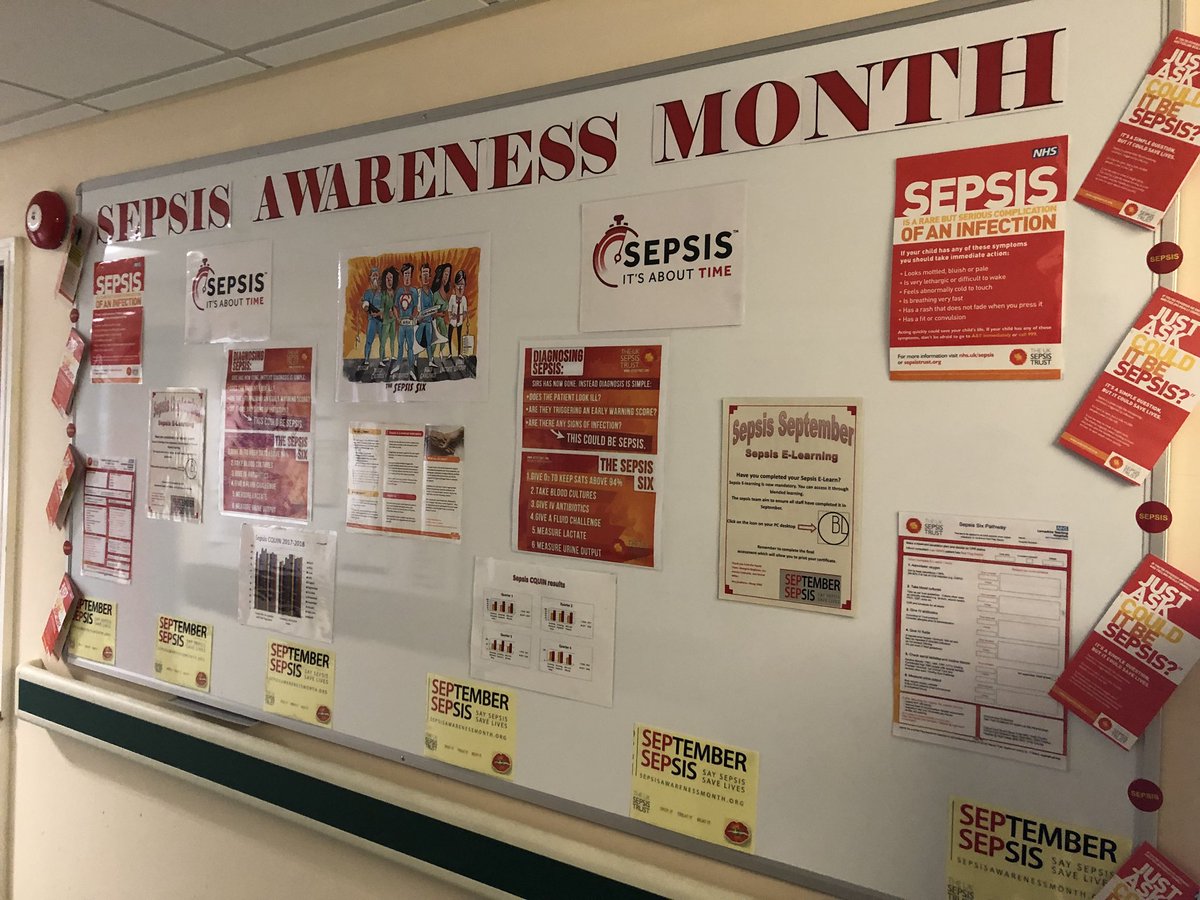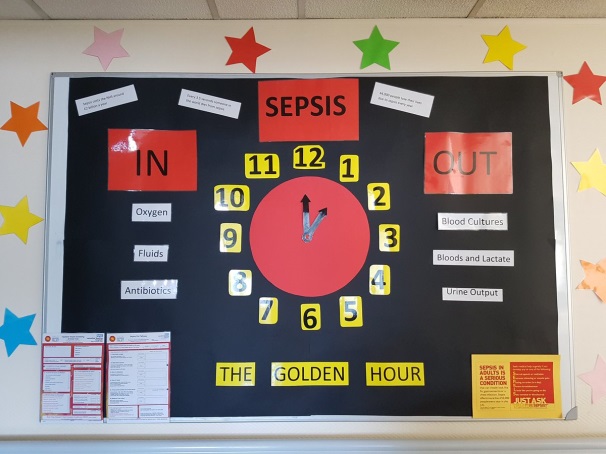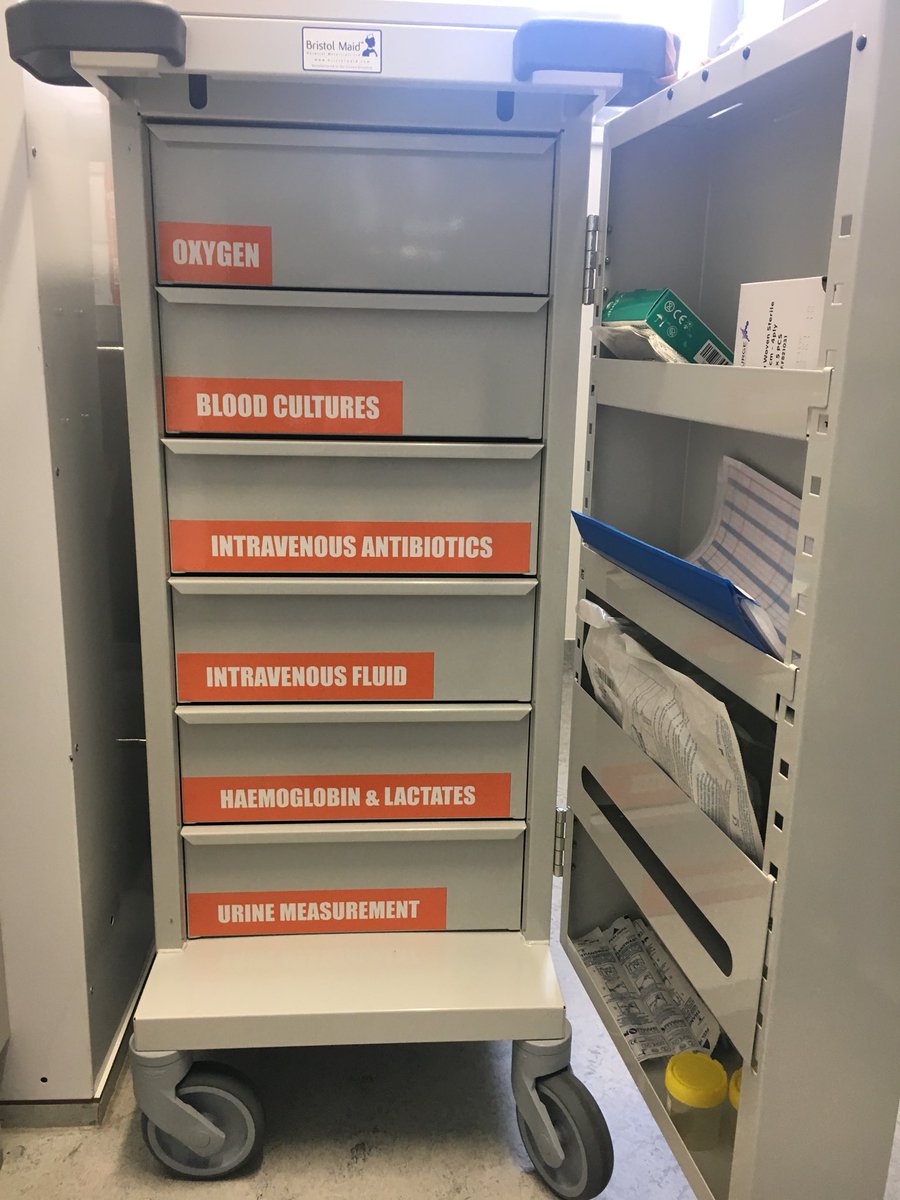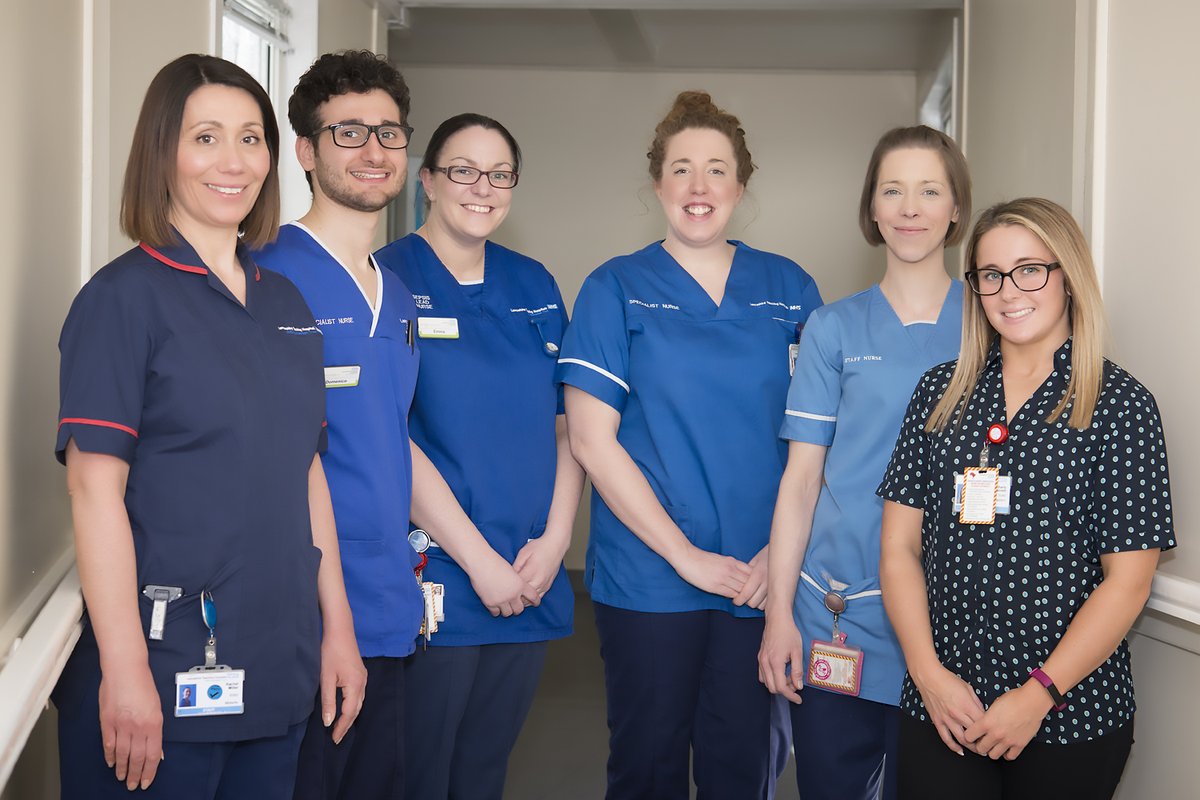
Lancashire Teaching Hospitals NHS Foundation Trust is promoting an international campaign today to raise awareness of a life threatening condition.
World Sepsis Day takes place on 13th September every year, and is an opportunity for people to unite in the fight against sepsis through improved awareness and recognition of the condition.
Sepsis is a rare, but serious complication of an infection. Sepsis can be triggered by an infection in any part of the body. The condition may develop when you are already in hospital, for example, if you have recently had surgery or have to stay in hospital for a long time. Everybody is potentially at risk of developing sepsis; however certain people are more vulnerable such as those who have a medical condition which weakens their immune system e.g. leukaemia or HIV, are pregnant, or are genetically prone to infections.
A dedicated sepsis team was introduced at Lancashire Teaching Hospitals earlier this year to focus on teaching and educating staff across the hospitals about identifying sepsis.
Since the team was set up, they have focused on developing a sepsis screening and action tool, which has now been deployed throughout the organisation, and the team are ensuring that all teams are fully trained to use this and use it consistently with all relevant patients. This includes use of a flow chart to help assess a patient correctly. This then leads to implementation of the sepsis six pathway when sepsis is suspected (administer oxygen, take blood cultures, give IV antibiotics, give IV fluids, check serial lactates and routine bloods, and measure urine output).

Staff on ward 24 have recently introduced dedicated sepsis trolleys to the ward. The trolley follows the sepsis six pathway and includes one draw for each of the six key stages in treating sepsis in order to make the treatment of sepsis quicker and easier.
Numerous wards and departments across both Royal Preston Hospital and Chorley District Hospital have also introduced dedicated sepsis information boards to increase awareness of sepsis and the importance of early recognition and treatment amongst their teams.
Georgina said: “As a team, we are very passionate about the management of sepsis, which can often be very difficult to diagnose. What makes our team so unique is that we have a clear, common goal to “reduce morbidity and mortality from sepsis”, and we recognise that no one person can achieve this goal alone.”


